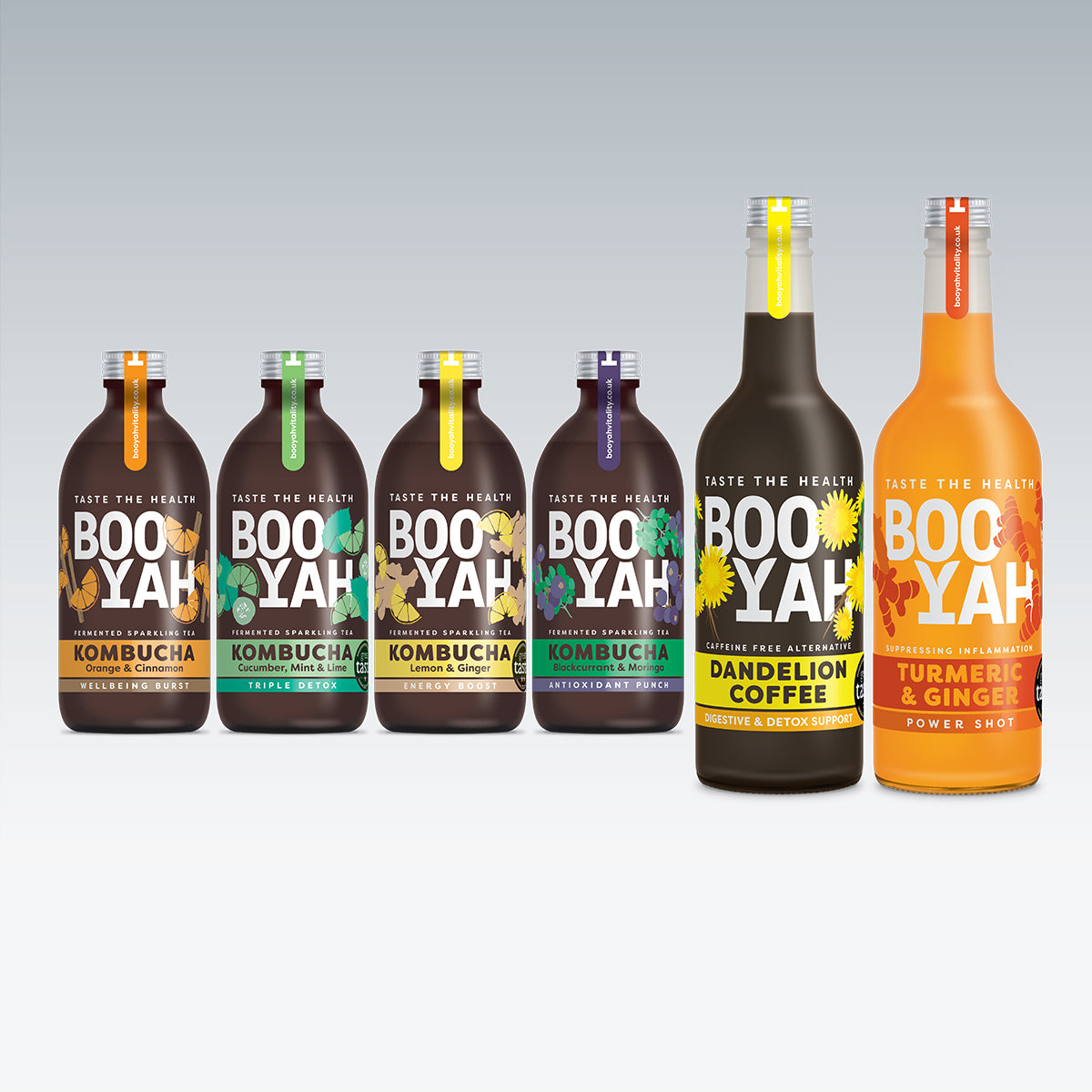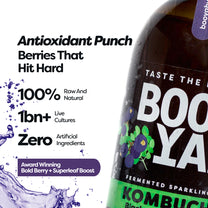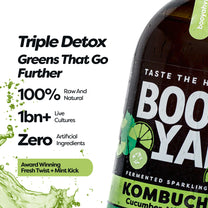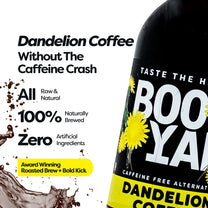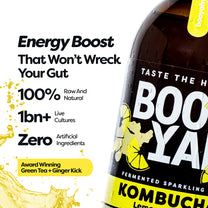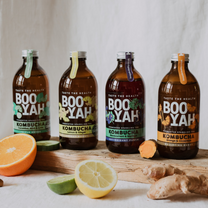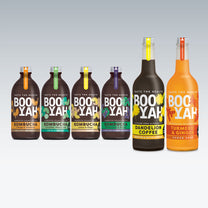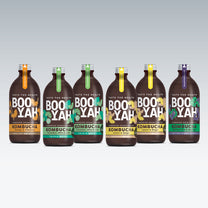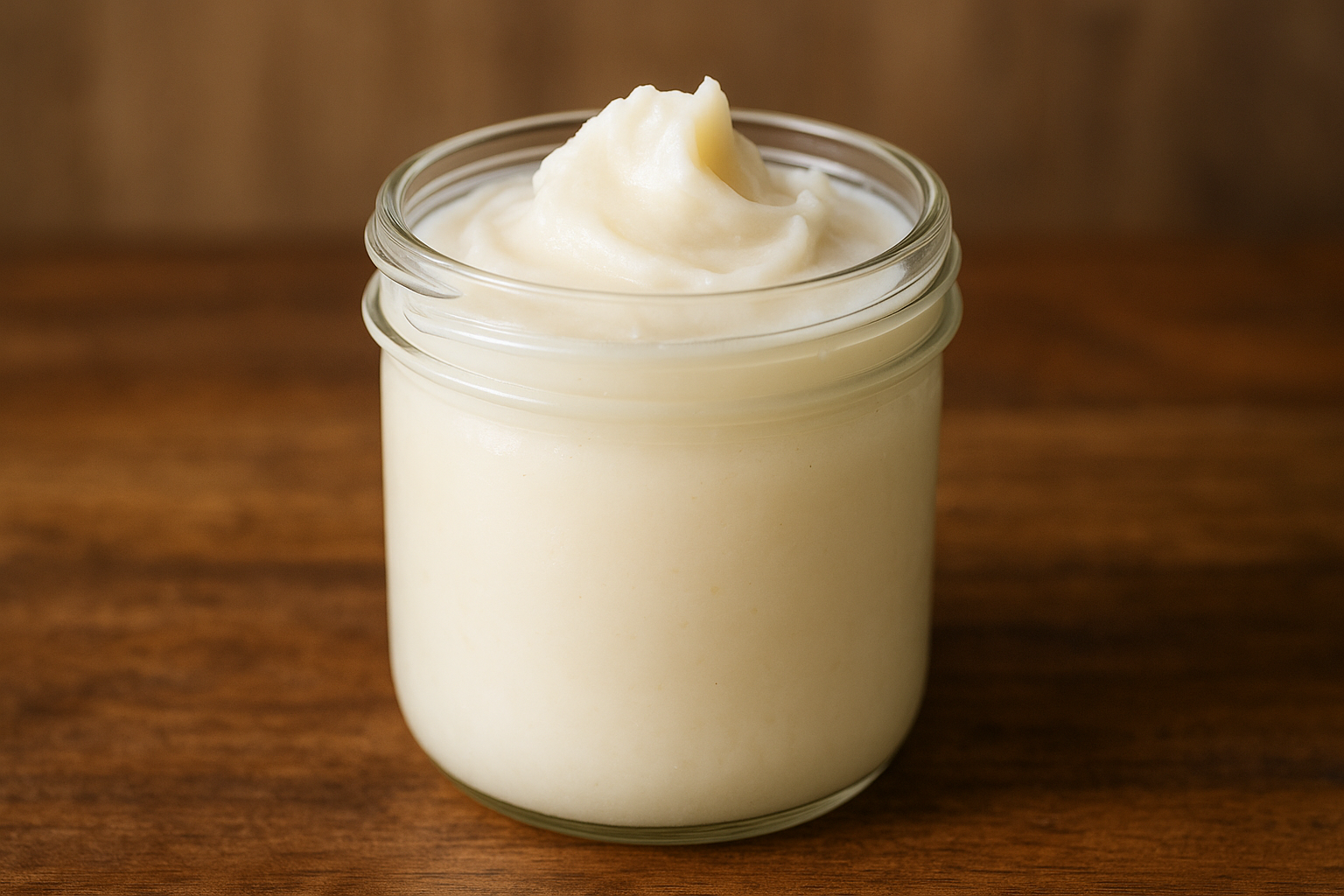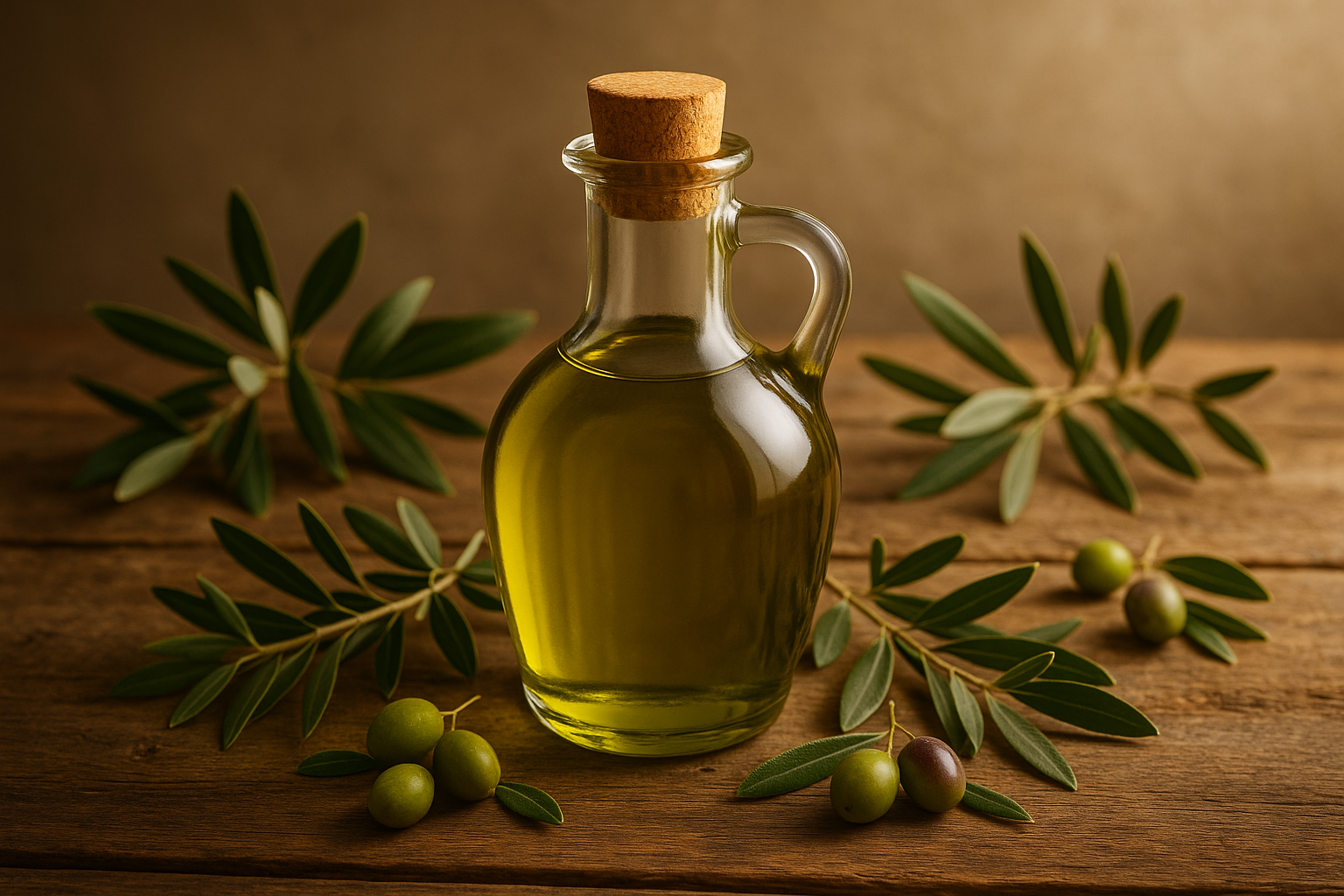Hello Booyah Drinkers!
Welcome back to another edition of the Booyah Buzz, your go-to source for the latest in health tips and Booyah updates. This week, might be the saltiest newsletter to date. I've talked about salt before and hey I'm going to tell you more about salt in the future. Salt is incredibly underrated, under-utilised and essential for our optimal health.
-
Something Big is Brewing
Something exciting is on the horizon, and this time, you will have the chance to be part of Booyah’s next big leap. We can’t share all the details just yet, but trust us—this will be worth the wait. Keep a close eye on your inbox… more coming soon!
-
Blood Pressure Fix? Control Insulin, Not Salt
We’ve all heard that too much salt is bad for your kidneys, but the reality is more complex. The kidneys control blood pressure, but their ability to handle salt is largely regulated by insulin. When insulin levels are high—often due to insulin resistance or metabolic issues—the kidneys retain more sodium, which can drive up blood pressure.
However, if insulin levels are low and well-regulated, the kidneys can excrete excess salt effectively, making sodium intake far less of a concern. Renal specialists now recognise that so-called "essential hypertension" (high blood pressure with no obvious cause) is often an insulin-driven condition (Ferrari, 2021). And what about protein? Unless you have advanced kidney disease, there’s no need to fear it. So if you’re looking after your kidneys, focus on keeping blood sugar and insulin levels in check rather than just cutting salt.
-
Before fridges, wars were fought over SALT
Before fridges made life easy, salt was a prised commodity. So much so that entire wars were fought over it. The Romans paid soldiers in salt, Venice built its wealth trading it, and Gandhi led the 1930 Salt March to protest British control over it. Salt wasn’t just about taste—it was survival, preserving food and keeping economies running. Fast forward to today, and the salt wars have moved from battlefields to health debates. While processed table salt (stripped of minerals and often mixed with anti-caking agents) has earned a bad reputation, not all salt is the enemy. Natural, unrefined options like sea salt, Himalayan pink salt, and Celtic salt contain essential minerals like magnesium and potassium, supporting hydration, nerve function, and muscle health.
So, how do you get the good stuff into your diet? I personally add a pinch to smoothies—it balances well with something sweet like banana or berries. I’ll also have half a teaspoon first thing in the morning with a swig of water or before a sweaty workout to replace what I’m about to lose. A sprinkle over meals works too, just ditch the ultra-processed table salt and go for the real, mineral-rich kind. Your body (and history) will thank you.
HEALTH HACK
Salt loss with coffee
The more coffee you drink, the more salt your body loses. Coffee is a natural diuretic, meaning it increases urine production—along with the excretion of essential electrolytes like sodium. In fact, studies show that consuming around 3–5 cups of coffee can lead to a 66% increase in sodium loss over 24 hours. One cup does make a noticeable difference in cognition and physical performance. Add a pinch of high-quality salt to your water or meals to maintain hydration, energy, and electrolyte balance.
(Source: Frontiers in Nutrition, 2017)
PS: If you learnt something about salt today, let me know here.
Thanks for reading!



